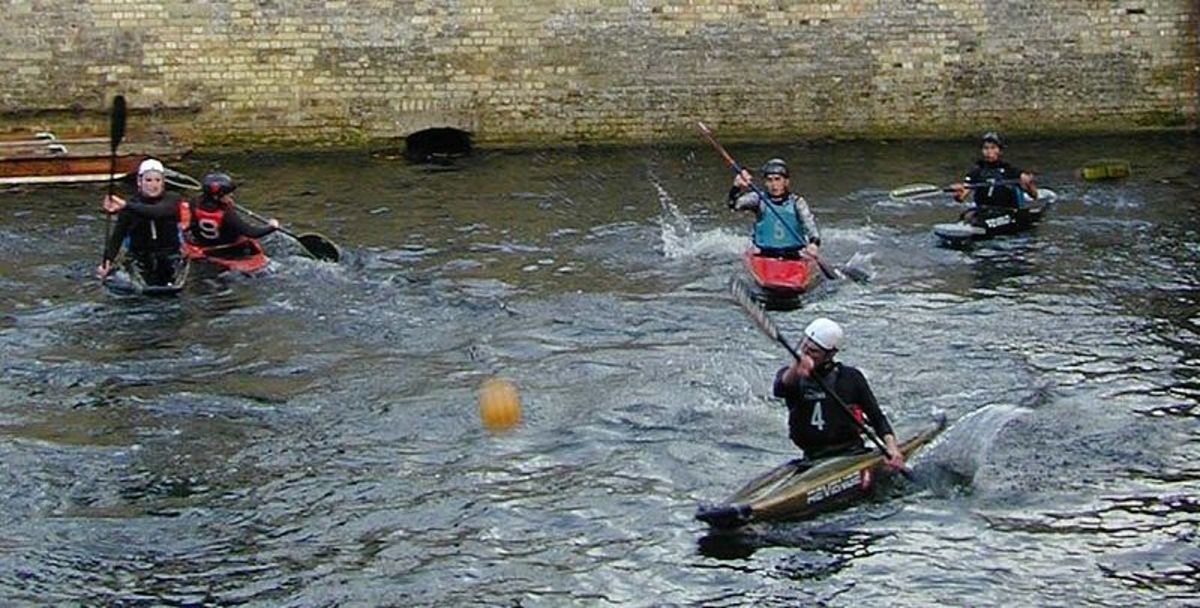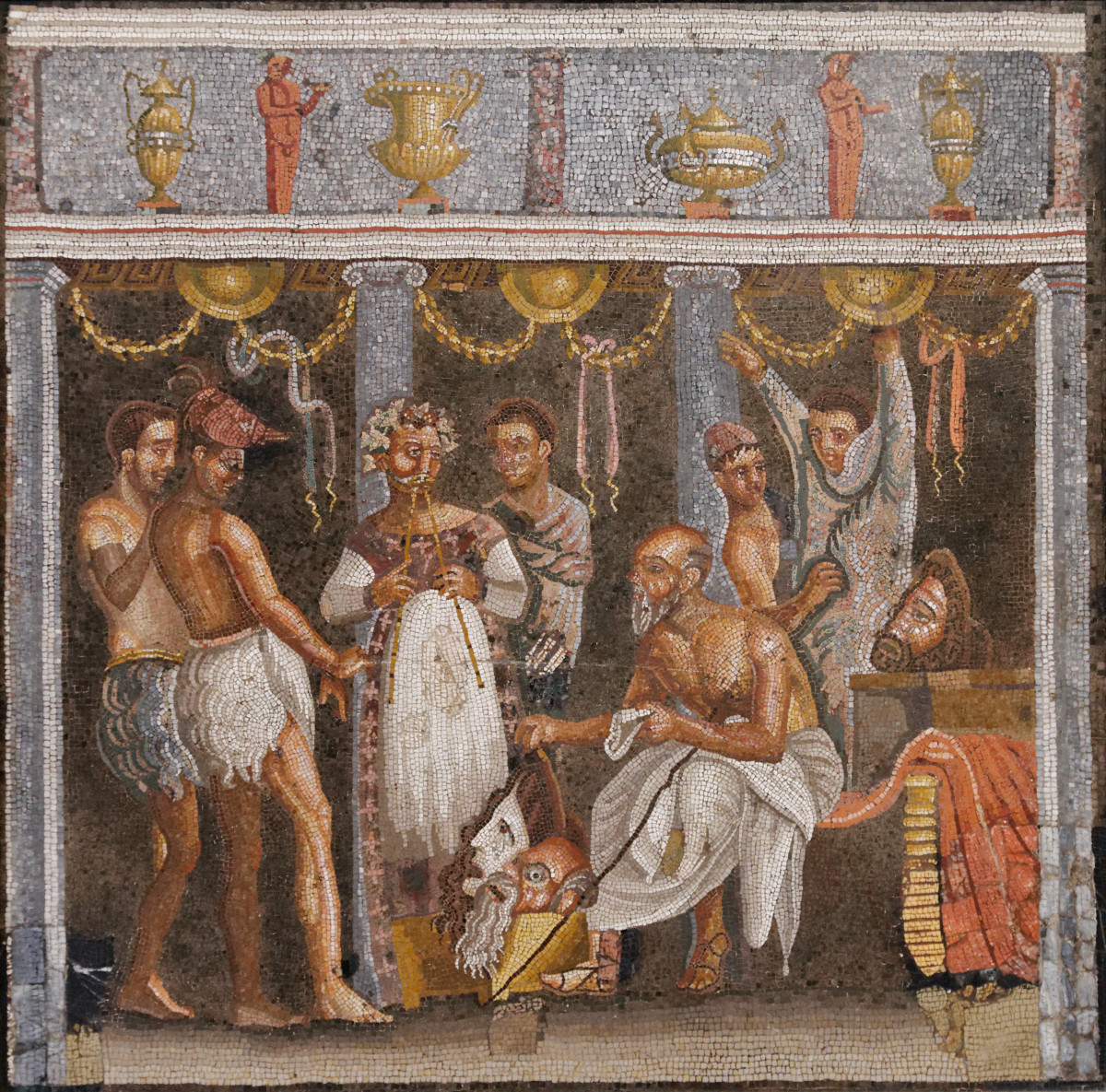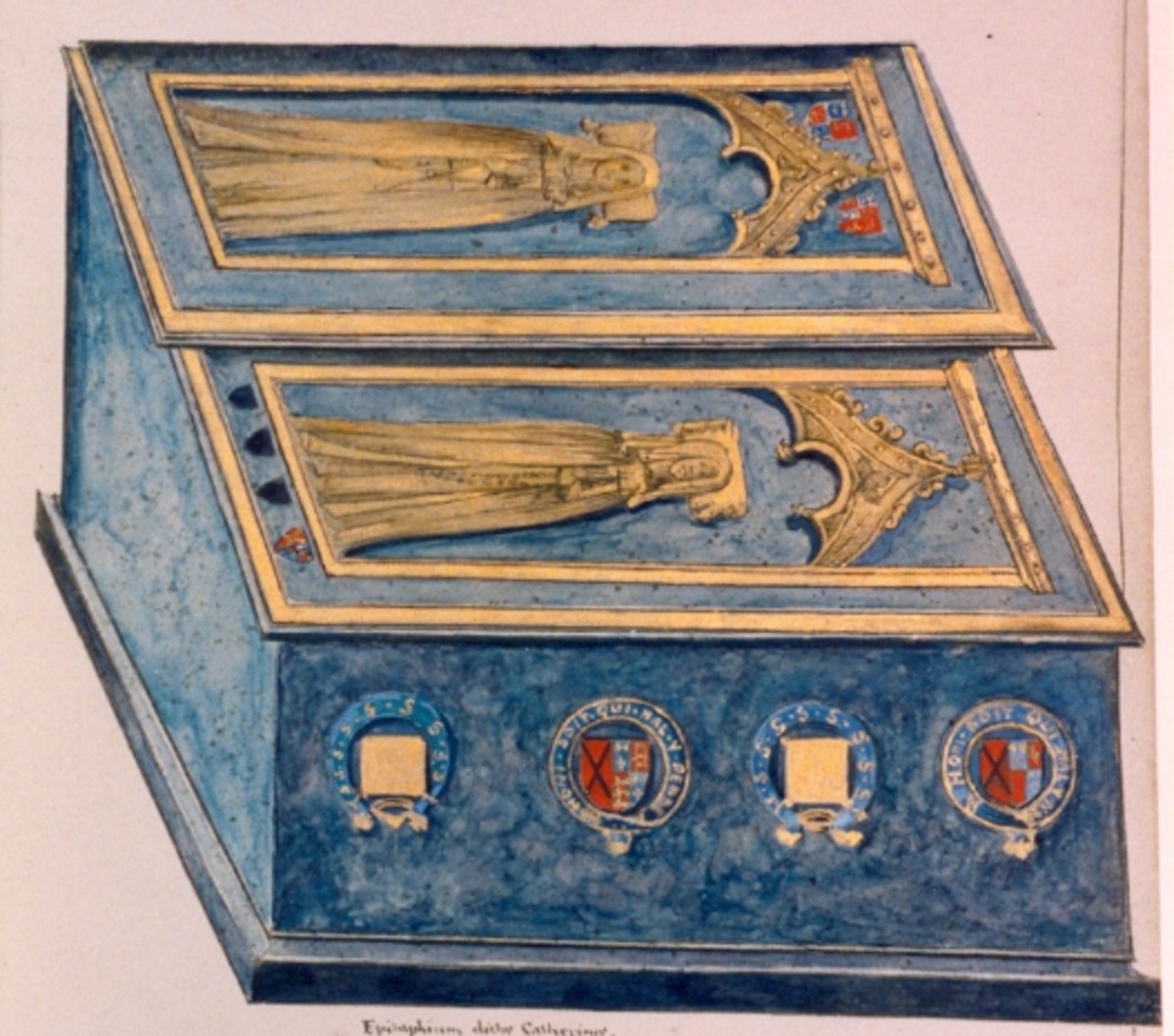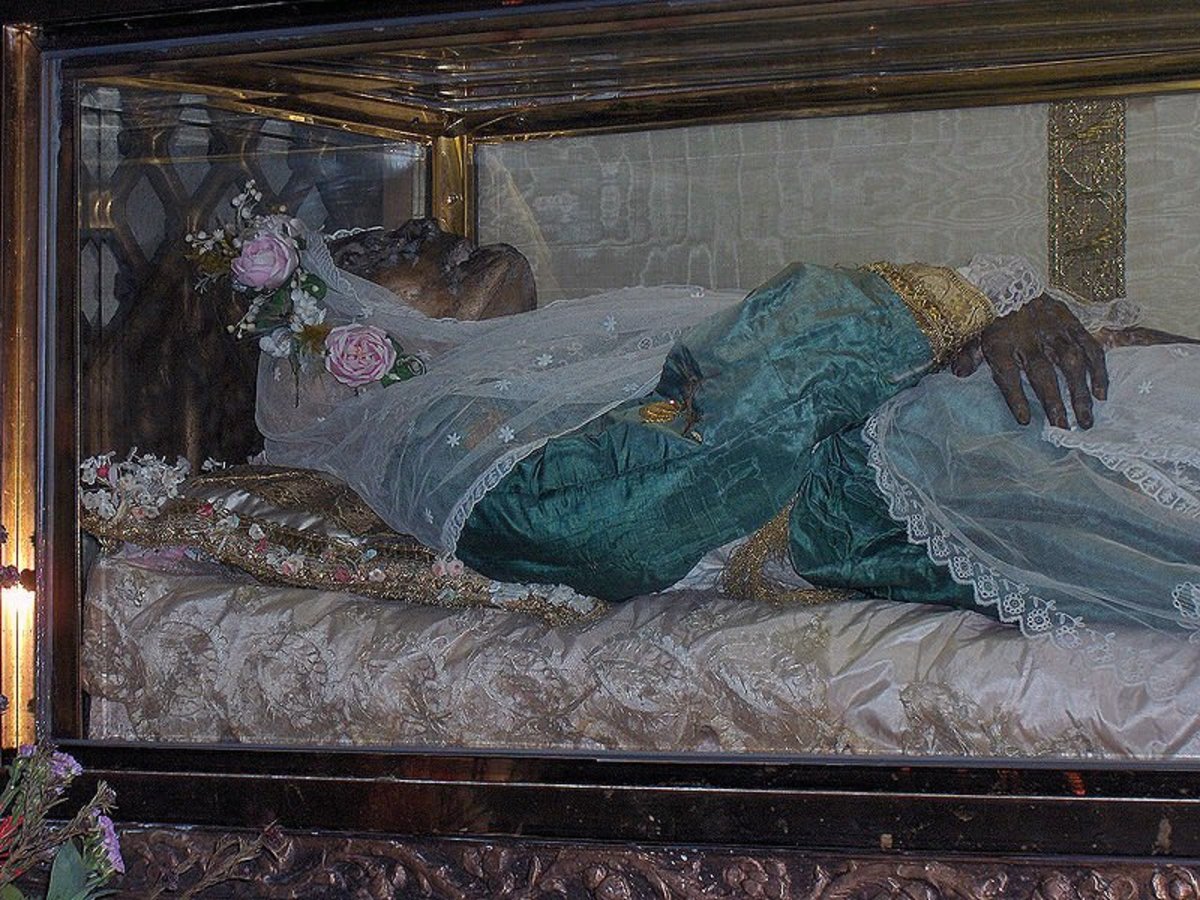Medieval History of Football
The game played by Kicking a ball towards a goal, should this be called Soccer or Football?
Football Vs. Soccer
When most of the world thinks about football they think of kicking a ball around a field towards one of two nets and kicking it in the net for points, no touching the ball with hands, in other words what North American’s call Soccer. When North American’s think of football they think of a game that is mainly played by running a ball down a field towards goal line with the ball in hand. Surprisingly from a medieval standpoint both games could and should keep the name football, both were played within the period generally referred to as the Medieval Times, and in point of fact, what most of the world calls “American Football” is more akin to the game as it was played than what America calls “Soccer”.
What's In A Name: The Origins of the Word "Soccer"
Commonly it is argued that Soccer should always be called football because it is played with your feet, and that American football is a bastardization of the game that should use the name handball or some similar suggestion. This logic states that the very name football was used because the sport was played with the feet, but in actuality the name derives from a whole class of games that are played on foot rather than horseback or some other form. So the name football is derived because it is a ball game played on foot, and not a ball game played with the feet.
The word Soccer is actually an abrievation with some good old 19th century slang idioms thrown in for good measure. Soccer refers specifically to Association Rules Football. Association was shortened to Soc, and an “er” was added to the end because it was a common practice in England in the early 19th century to add an er on the end of words, so Rugby became Rugger, and the word Soccer was invented.
Charles Wredford Brown from Oxford University is reputed to be the first person to use the word soccer. The story claims that he was asked what game he was playing, if it was Rugger, he replied "No, it's soccer", and thus a name was born. The story is probably false, but it's a good yarn, and the timing is about accurate to when the name soccer or soccer football became common use. For the most part the name football stuck for the lower classes, but the "gentlemen" referred to the game as soccer. When the game migrated to the Americas the name stuck, but in the UK the name soccer faded out of general use as football became the more common name to refer to the sport.
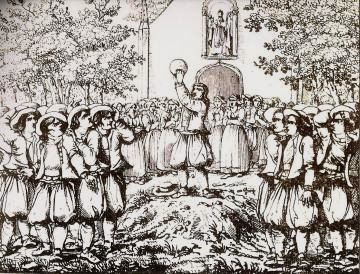
Football In a Historical Context
Games like football have existed as far back as ancient Greece, who called the game “episkyros”. The Romans called it “harpastum”. Not surprisingly the first written reference we have of the game called football comes from an edict banning it, specifically one from John Myrc in 1450 stating “tenessyng handball, fott ball stoil ball and all manner other games out churchyard”.
In Britain the game reached nearly fanatical status, it was not a game for nobles, but rather a rough and tumble game played by commoners. Injuries and property damage was common when a game broke out. Shrove Tuesday was a particularly common date to play football on, in fact it was so common the game even became known as Shrovetide football in some areas.
The game was played much more violently then the civilized versions we are oh so used to. There were of course two teams, but it was not uncommon to have dozens and even in some cases hundreds of players per side, and rules were almost non-existent, and for this reason in some regions it became known as mob football. Often the game would be played between neighbouring towns, and the rectory balcony was often used as the goal. In these larger games the game ended as soon as the ball entered the goal. Smaller versions were often played as well, in which more reasonable goals were set up, and often the play would continue until a certain score was reached, or there weren’t enough players to continue.
Hands Off
There was no such rule forbidding touching the ball until much later in history when football became a common game played at private schools and universities and each school developed its own rule set. The rules the schools came up with often reflected the available space, it schools with cramped spaces a kicking game of finesse was more common, in schools with an abundance of space throwing and kicking long distances became common. In medieval football you could get the ball to the goal by any means necessary. Carrying the ball was often the most common method of transport, but throwing or kicking the ball to teammates was a fairly common practice. In this way medieval football does bear a closer resemblance to American football then it does to association football.
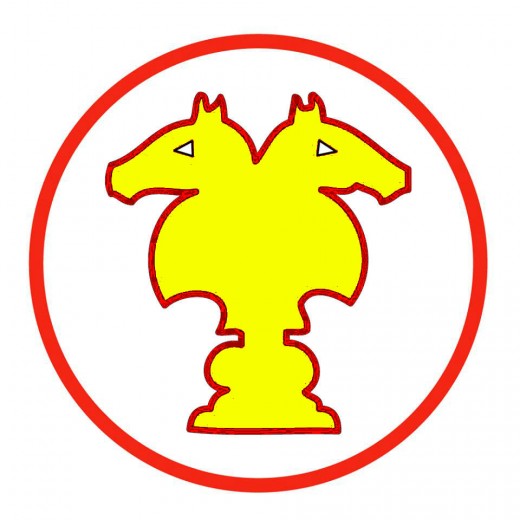
© 2014 Jeff Johnston


